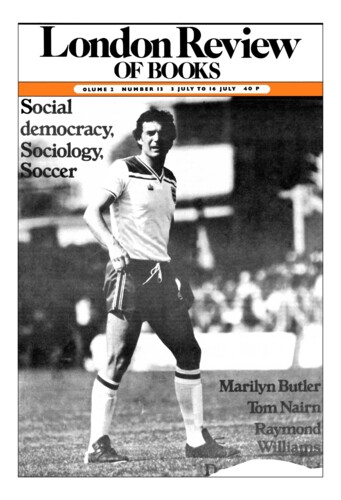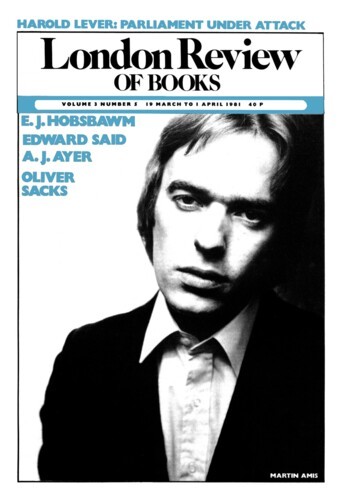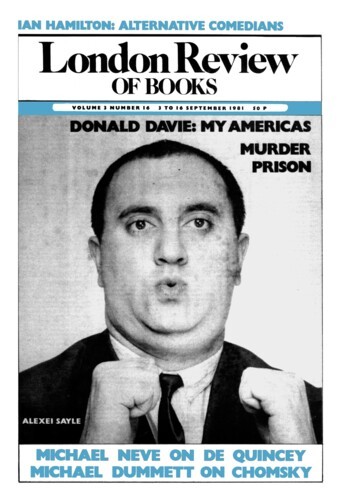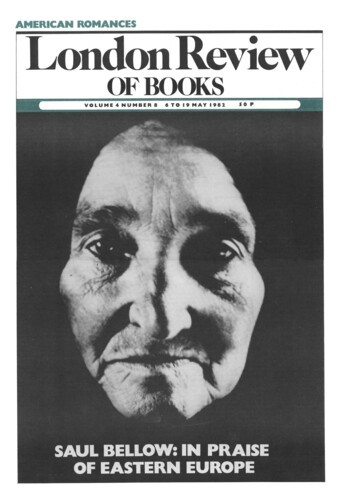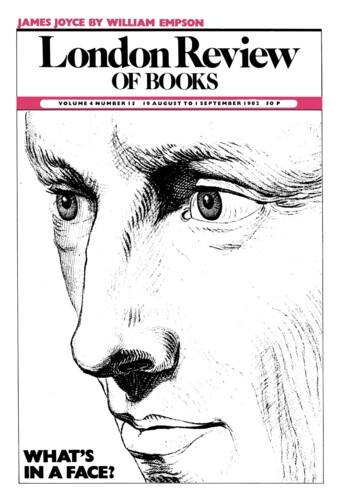Dark Pieces on Dark Places
Malcolm Deas, 3 July 1980
This collection of essays from the first half of the Seventies is here in the briefest of author’s notes described as intense and obsessional. He says, too, that the themes repeat. There is indeed little relief. What has Providence done to Mr Naipaul, that he should find the world so consistently depressing? Can one think of a place that would cheer him up, that would resist his persuasive invitation to lament? Trinidad, Argentina, Uruguay, Mobutu’s Congo – in the first half of the Seventies were these nations not in a sorry enough state to justify everything in his usual tone, to exclude even the odd glimmer of optimism that can be found in his account of a second visit to his first area of darkness, India: A Wounded Civilisation? They were in such a state, but one still comes to the conclusion that that cannot justify all of Naipaul’s intensities and obsessions.
